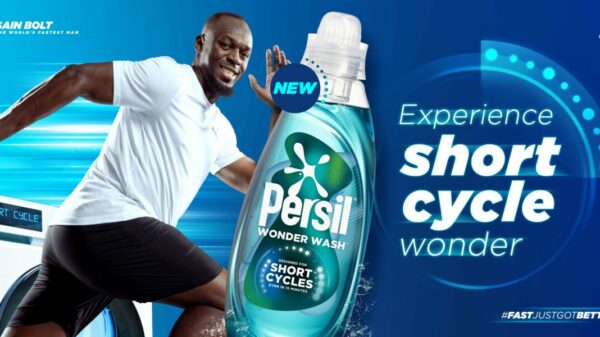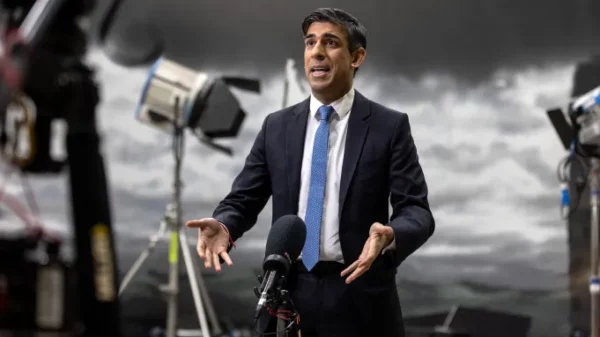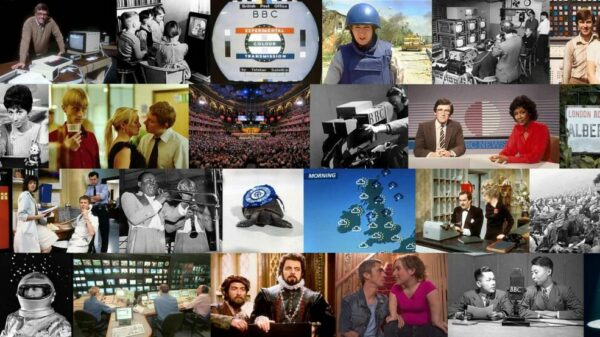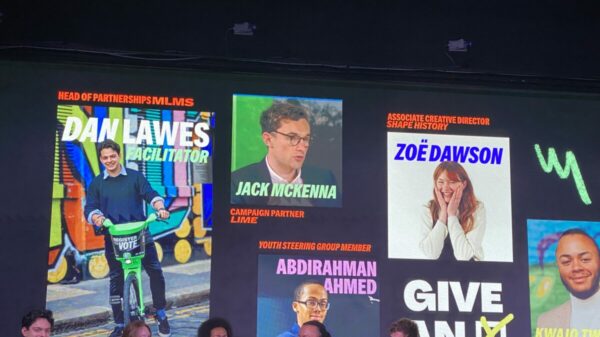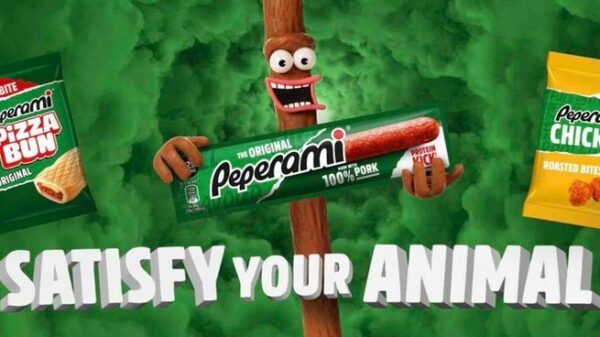Since Queen Elizabeth II’s passing on 8 September 2022, the nation and the advertising world alike have come to a standstill.
The UK’s media owners, agencies and brands adopted a solemn tone and reduced their levels of marketing output and activities for the mourning period – and understandably, brands were fearful of making missteps at such a sensitive time.
In the past, brands have attempted to weigh in on other national events, with matters like the cost-of-living and energy bills crisis and Covid 19 vaccinations topping the list.
Marketing Beat delves into some of the muddiest missteps in the industry and explores how they might be better avoided.
Center Parcs’ original plans to evict holidaymakers for the Queen’s funeral
Though the brand has since backtracked, Center Parcs initially announced that guests from five UK sites would have to leave by 10am on Monday – the day of the Queen’s funeral – even if they were in the middle of a holiday.
While people would have been allowed to leave their belongings overnight, the UK holiday business initaially said holidaymakers would only be allowed to return to the site at 10am the next day.
Since facing accusations of “ruining people’s holidays”, the brand has unveiled plans to close its UK sites for 24 hours on Monday instead.

After a damning reception from social media, Center Parcs said: “We’ve reviewed our position regarding the very small number of guests who are not due to depart on Monday and we will be allowing them to stay on our villages rather than having to leave and return on Tuesday”.
The company claimed that the decision was made “as a mark of respect and to allow as many of our colleagues as possible to be part of this historic moment.” Center Parcs also hoped that people would understand its decision to “support our Queen on her final journey”.
This marketing fudge up is a prime example of misjudging public tone.
Matt Edwards, partner at creative agency BigSmall, said that in these unprecedented times “it’s never been easier for brands to get themselves into hot water.”
ITV This Morning’s energy bill payment prize
Two weeks ago, This Morning gave members of the public the chance to win energy bill payments via its Spin to Win game.
Philip Schofield asked a caller if he was worried about paying for his bills, to which the man responded: “Oh, major. I’ve got one of these pre-payment meters and it’s absolutely murder.” The player ended up winning the price and exclaiming: “Oh my god, thank you. Fantastic. What a relief.”
Though Liz Truss has recently announced plans to place a cap on energy bills, it has been reported that people paying for bills via direct debit will see an 80% rise in prices, while those with prepayment meters will see their bills increase from £2,017 to £3,608 a year.
Journalist Scott Bryan, dubbed the ITV Spin to Win marketing stunt as “completely dystopian”, adding that he had “never seen anything so tone deaf” in his whole life.
#ThisMorning has turned completely dystopian and Black Mirror by offering to pay energy bills as a competition prize. pic.twitter.com/hs1DD6NXbo
— Scott Bryan (@scottygb) September 5, 2022
Another Twitter user, @DutchieMartin, said: “One has to wonder whether the producers of these programmes think gaslighting the public & especially the poor counts as ‘entertainment’.”
READ MORE: Too far! Top six most outrageous ads banned this year
E.ON put their foot in it by sending socks to customers struggling with energy prices
Earlier this year, with the nation beginning to feel the pinch of soaring energy bills, energy firm E.ON sent socks out to customers with advice on how to keep warm.
The firm became the second big energy supplier to anger its customers in light of the crisis, with SSE coming under fire for telling its users to do star jumps to stay warm.
The socks were sent out to 30,000 E.ON Next customers who had previously registered interest in saving energy.
One Twitter user shared an image of the special delivery:
I had the SSE email recommending cuddling the cat and star jumps … my relative has today received from EON, an actual pair of socks 😳🙄 pic.twitter.com/EN3Ka0qvnH
— Chrissy Fincham (@chrissyfincham) January 13, 2022
The energy supplier was quick to apologise, claiming to be “incredibly sorry” for the marketing misshap.
“If you recently received a pair of socks from us, we would like to say we are incredibly sorry for how we have made some people feel. In light of the seriousness of current challenges that many people are facing, this mailing should have been stopped and we are sorry,” said E.ON Next.
BigSmall agency partner Edwards believes that PR disasters like this are easy to come by in this day and age.
“What might once have been six angry letters to a customer service department will now be six tweets to the world, seized upon and amplified by a range of digital media platforms. E.ON’s sunshine socks were reported on by all of The Times, The Guardian, Sky, ITV and LBC.”
Ryanair’s ‘Jab and Go’ vaccination promotion
Shifting from one touchy subject – the energy crisis – to another, towards the end of the global pandemic people were divided about the safety and choice involved with Covid 19 vaccinations.
In late 2020, Ryanair released a TV advert promoting offers for the following 2021 summer, using the tagline “Jab and go!”
The marketing campaign displayed a medical syringe labelled vaccine and stated that vaccines were coming in time for the summer.
A sizeable 2,370 people complained to the Advertising Standards Authority, branding the ad as misleading as it implied that most of the UK population would be successfully vaccinated against Covid-19 by spring/summer 2021.
The public also felt it “trivialised the ongoing restrictions and effects of the pandemic on society”.
The ASA ultimately found the campaign to be “irresponsible” and banned further broadcast of the campaign.
Read the room (or plane) Ryanair.
READ MORE: Top 10 most complained-about TV ads in the UK
Tesco and Father Christmas’ Covid passport
Keeping with the theme of Covid 19 vaccinations, Tesco’s Father Christmas Covid passport ad also seemed to misjudge the tone of the nation, especially in the midst of a pandemic.
The TV campaign sees Father Christmas use his Covid passport to get through airport security to deliver his presents across the world.
A total of 3,000 people called in to complain to advertising watchdog ASA, finding the ad to be “coercive”. Some claimed it encouraged medical discrimination based on vaccine status.
At the time it caused quite the controversy on social media and also lead to the anti-vaccination movement threatening to boycott Tesco.
In general, BigSmall’s Matt Edwards believes that there is “no magic formula for staying out of trouble in marketing.”
“It simply comes down to looking at the situation not from the brand’s end of the telescope but from the customer’s.”
Referring to the E.ON socks story Edwards added: “Imagine yourself into the shoes of an angry energy customer who’s seriously worried about how they’ll pay their bill for example. It’s not difficult to project how they might react if we send them polyester socks or ask them to do star jumps to keep warm.”


